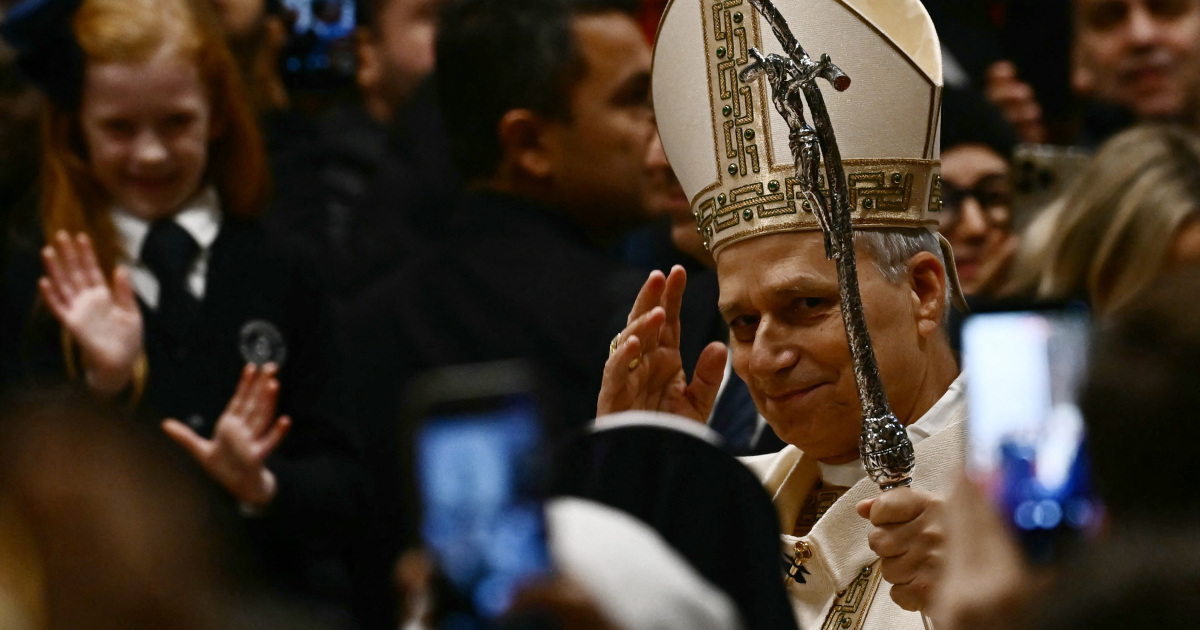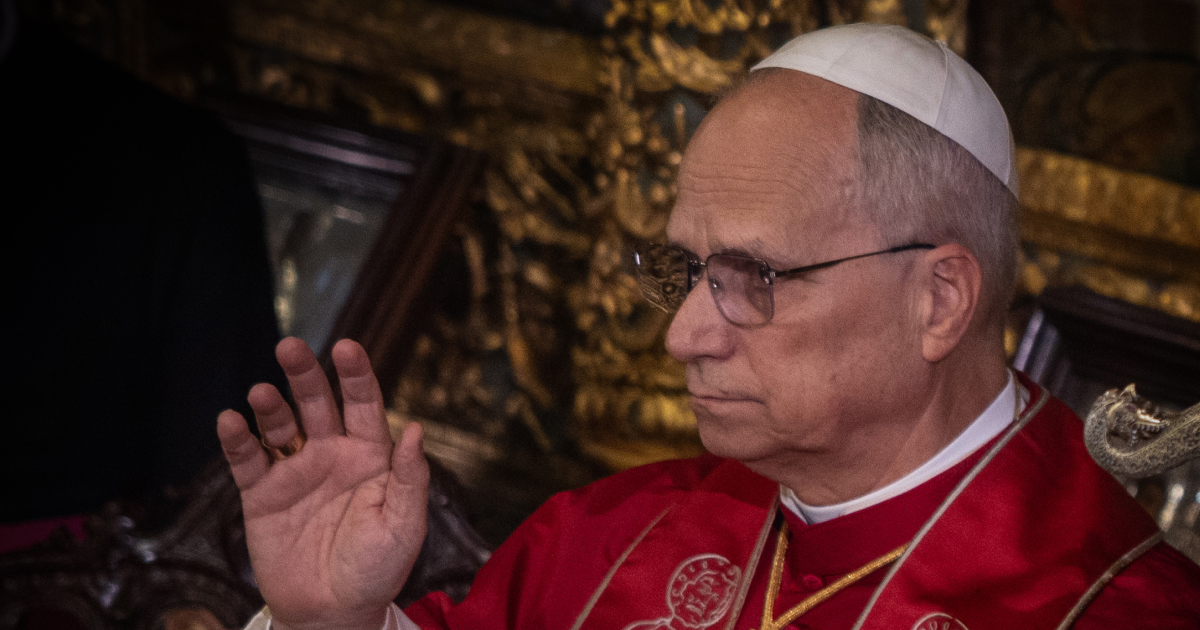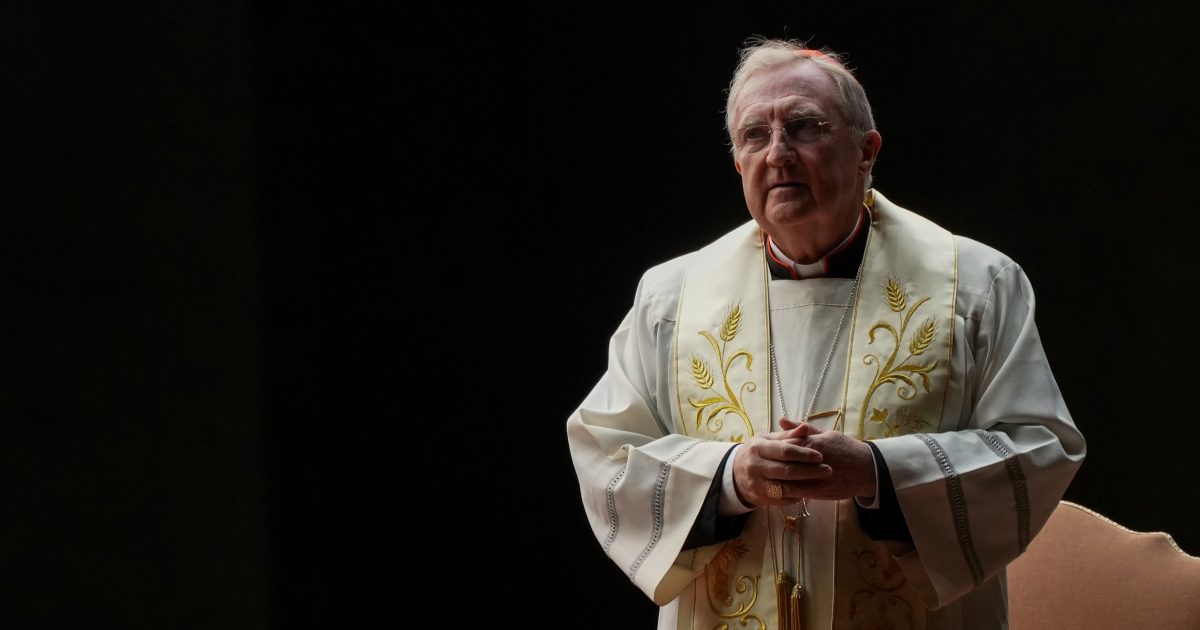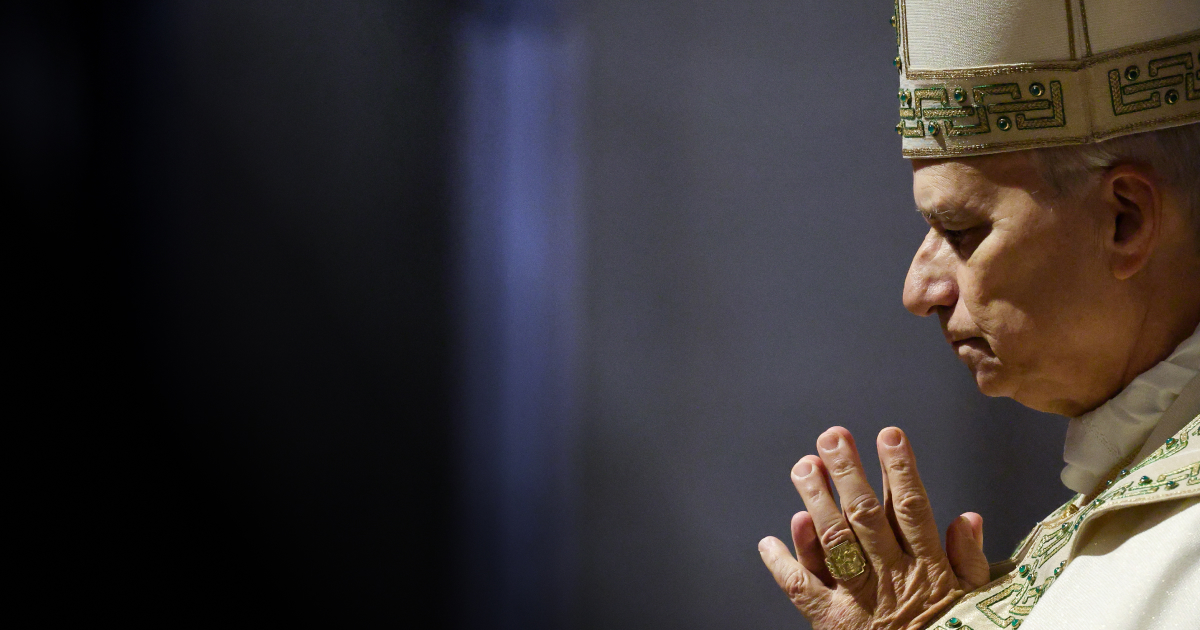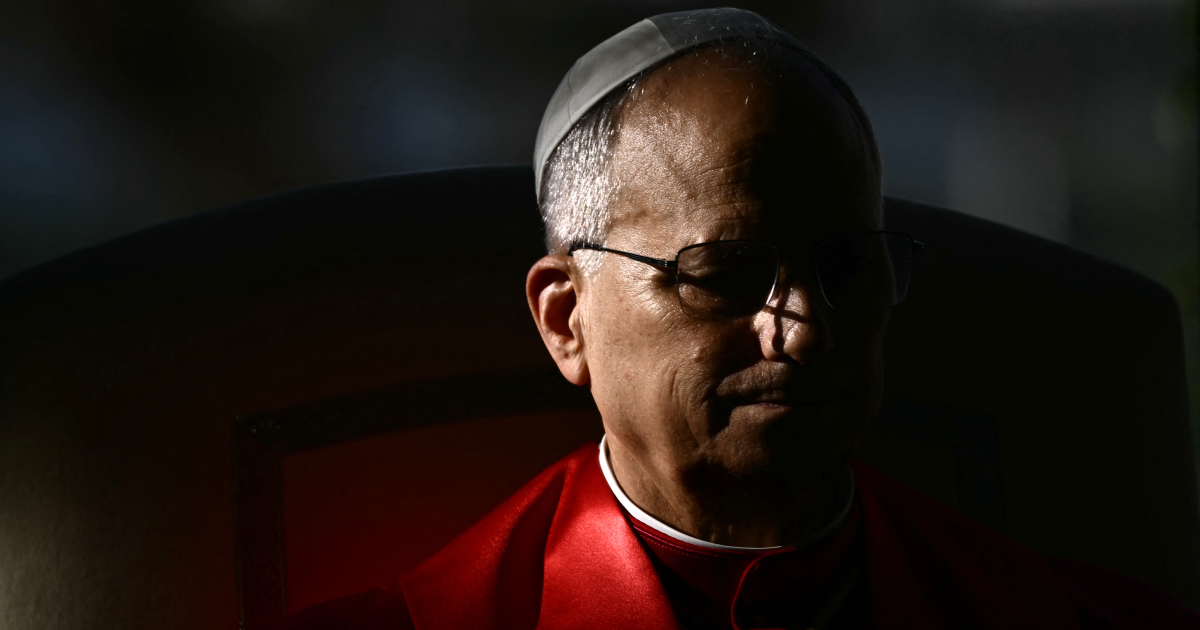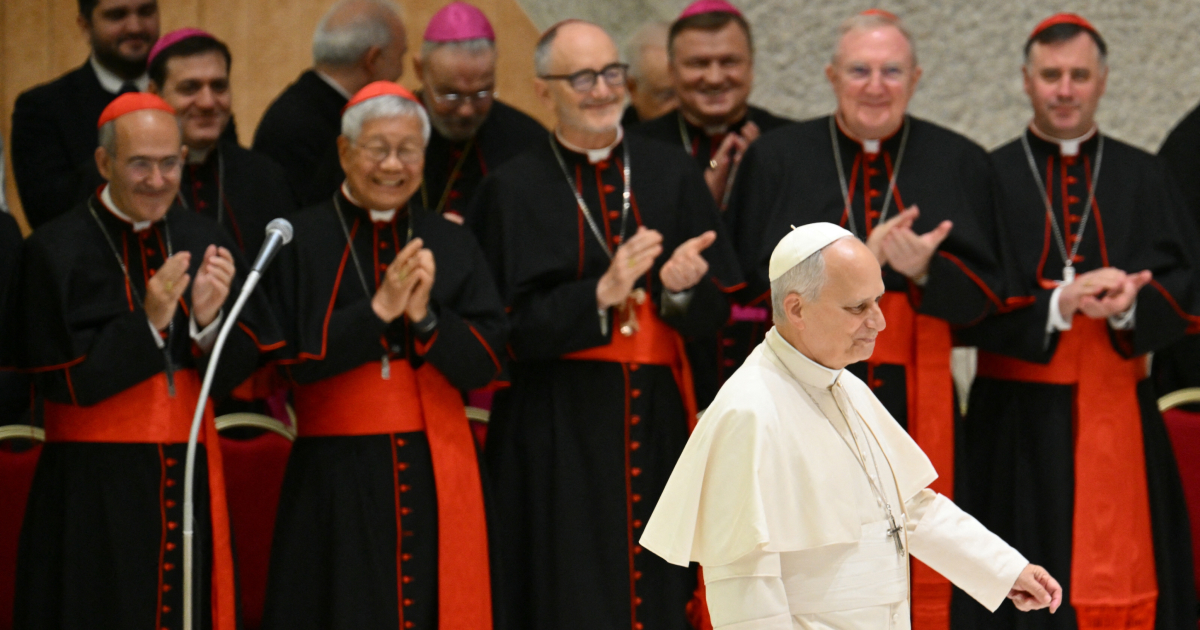A Vatican-accredited correspondent was physically assaulted during a press encounter in Rome by a member of the Venezuelan entourage to the Holy See.
According to a source close to the incident who spoke with The Catholic Herald, the journalist in question, Edgar Beltrán, Vatican correspondent for The Pillar, was attacked by a member of the Venezuelan delegation to the Holy See identified as Ricardo Cisneros, after he attempted to ask questions about Venezuelan political developments.
The incident occurred at an event hosted by Archbishop Edgar Peña Parra, Substitute for the Section for General Affairs of the Secretariat of State, at Rome’s Lateran University, in connection with the canonisation of Saints José Gregorio Hernández and María del Carmen Rendiles.
As Archbishop Peña Parra began responding to a query concerning the potential politicisation of the canonisation of Venezuelan candidates, the Venezuelan individual stepped in uninvited, grabbed Mr Beltrán’s recorder, and forcibly shoved him before the journalist regrouped and resumed questioning.
Although Archbishop Peña Parra later helped mitigate the disruption with the words, “Don’t worry about that, ask the questions you need to ask,” the assault has prompted grave unease among Vatican-based journalists about the influence of foreign government delegations and the safety of press professionals operating within the Holy See’s orbit.
The incident is closely linked to the wider turmoil in Venezuela, where the Church remains one of the few institutions still capable of speaking independently. Under President Nicolás Maduro, the country has endured a sustained crackdown on dissent, with political prisoners, exiled opponents, and journalists routinely targeted for asking difficult questions.
The Venezuelan bishops, once vociferous critics of the regime, have adopted a more cautious tone since the contested 2024 election, in which the opposition claimed a decisive victory yet the government asserted a win. In this fraught environment, the canonisations of José Gregorio Hernández and María del Carmen Rendiles have taken on added significance — both as religious celebrations and as potential instruments of state optics.
At a thanksgiving Mass for the canonisation in Rome on 20 October, Cardinal Pietro Parolin delivered a pointed homily that appeared to break with the Vatican’s former strategy of muted diplomacy.
He called on Venezuela to “open the unjust prisons” and build “respect for human rights”, declaring: “Only in this way, beloved Venezuela, will you be able to respond to your vocation of peace, if you build it on the foundations of justice, truth, freedom, and love — by creating spaces for encounter and democratic coexistence, and by letting what unites prevail over what divides.”
(Photo by Jesus Vargas/Getty Images)





.jpg)


